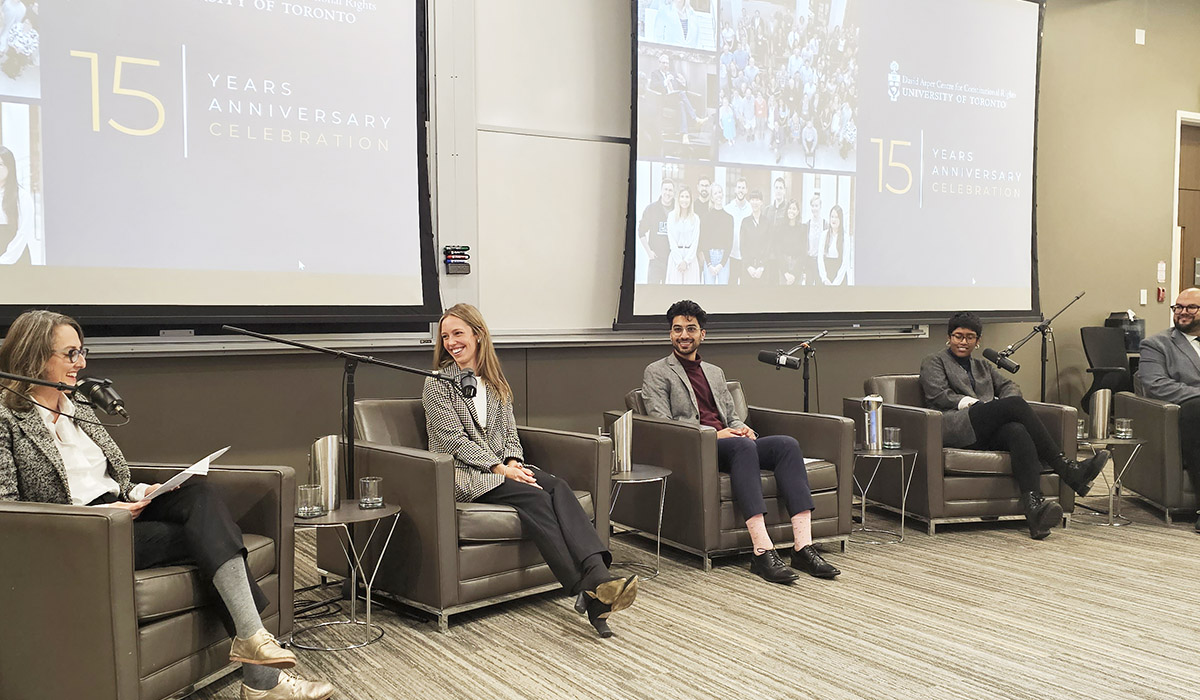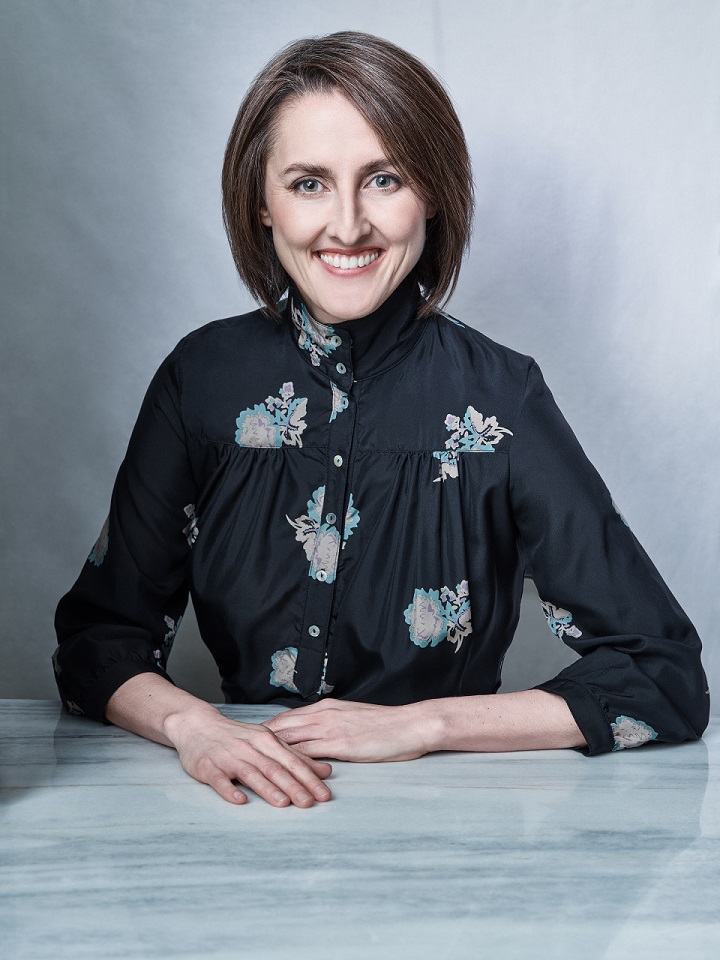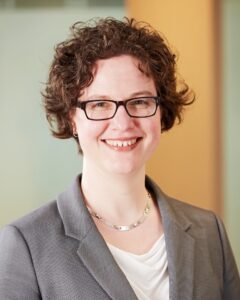Jutta Brunnée, Faculty of Law Dean, University Professor and James Marshall Tory Dean’s Chair in conversation with
Asper Centre Executive Director Cheryl Milne
The David Asper Centre for Constitutional Rights celebrated 15 years at their special anniversary event on November 15, 2023.
Located within the University of Toronto Faculty of Law, the Centre and is devoted to advocacy, research, and education around constitutional rights in Canada.
With the establishment of the Asper Centre, made possible through the generous benefaction of Faculty of Law alumnus David Asper (LLM 2007), U of T is one of only a small number of schools internationally that play active roles in constitutional debates with practical impacts on constitutional rights. In addition to its innovative programs, the Centre houses a legal clinic that brings together students, faculty members, and members of the legal profession to work on significant, ground-breaking constitutional cases.
Since 2008, the centre has:
- Led 38 Supreme Court of Canada interventions
- Held 54 constitutional roundtables and 13 conferences/symposia
- Supported 45 student working groups
- Hosted 11 Constitutional Litigators-in-Residence
- Released 37 publications
At the in-person live podcast recording of Charter: A Course (Season 3), Dean Jutta Brunnée interviewed the Asper Centre’s Executive Director, Cheryl Milne, who has been with the Centre since its inception.

Constitutional Litigator-in-Residence, Ewa Krajewska (photo far left) interviewed Asper Centre Clinic alumni (photo second from left to right): Keely Kinley (JD 2021), Ryan Deshpande (JD 2021), Geetha Philipupillai (JD 2017), and Neil Abraham (JD 2016).
This event celebrated the Asper Centre’s commitment to articulating Canada’s constitutional vision to the broader world.
Special thanks to the evening’s participants and to all who attended!
Asper Centre 2022-2023 Annual Report
Watch the Charter @ 40: The Asper Centre brought together its past Constitutional Litigators-in-Residence for a special conversation with Executive Director, Cheryl Milne, reflecting on the Charter of Rights and Freedoms at 40 years.
From U of T Law website at https://www.law.utoronto.ca/news/asper-centre-15th-anniversary


